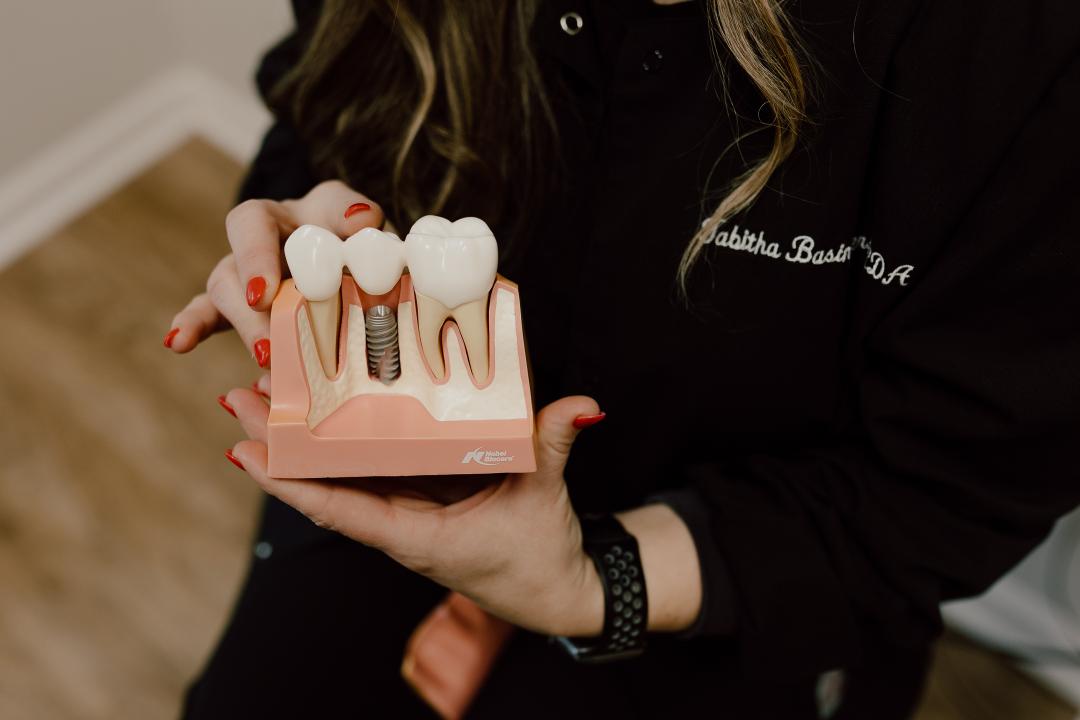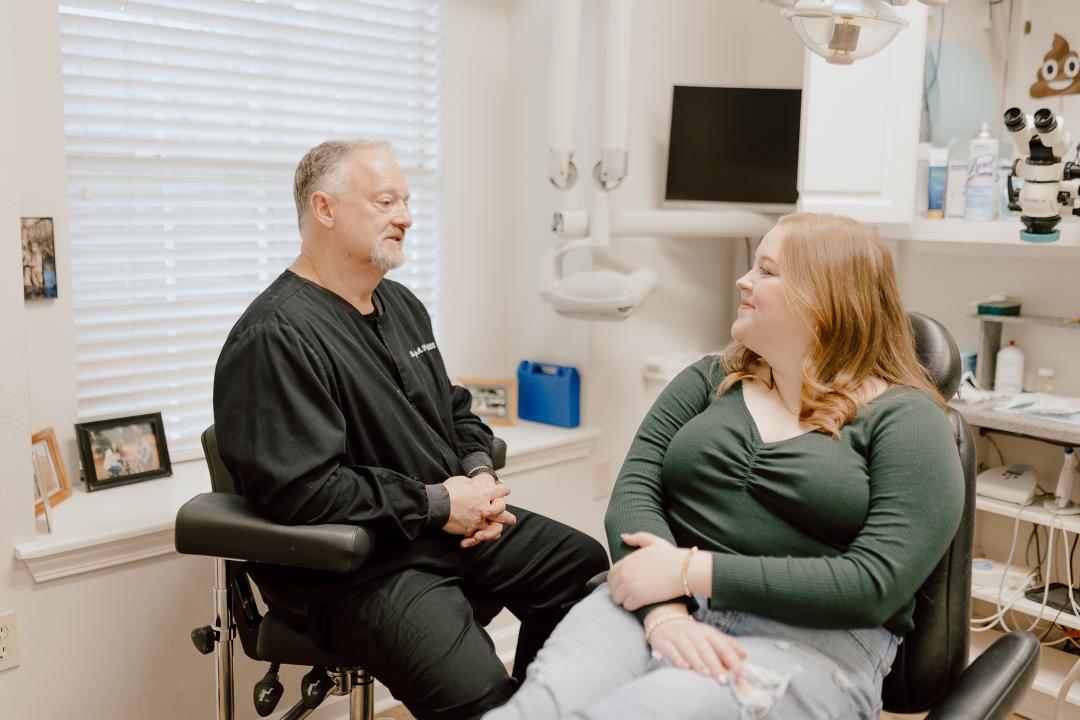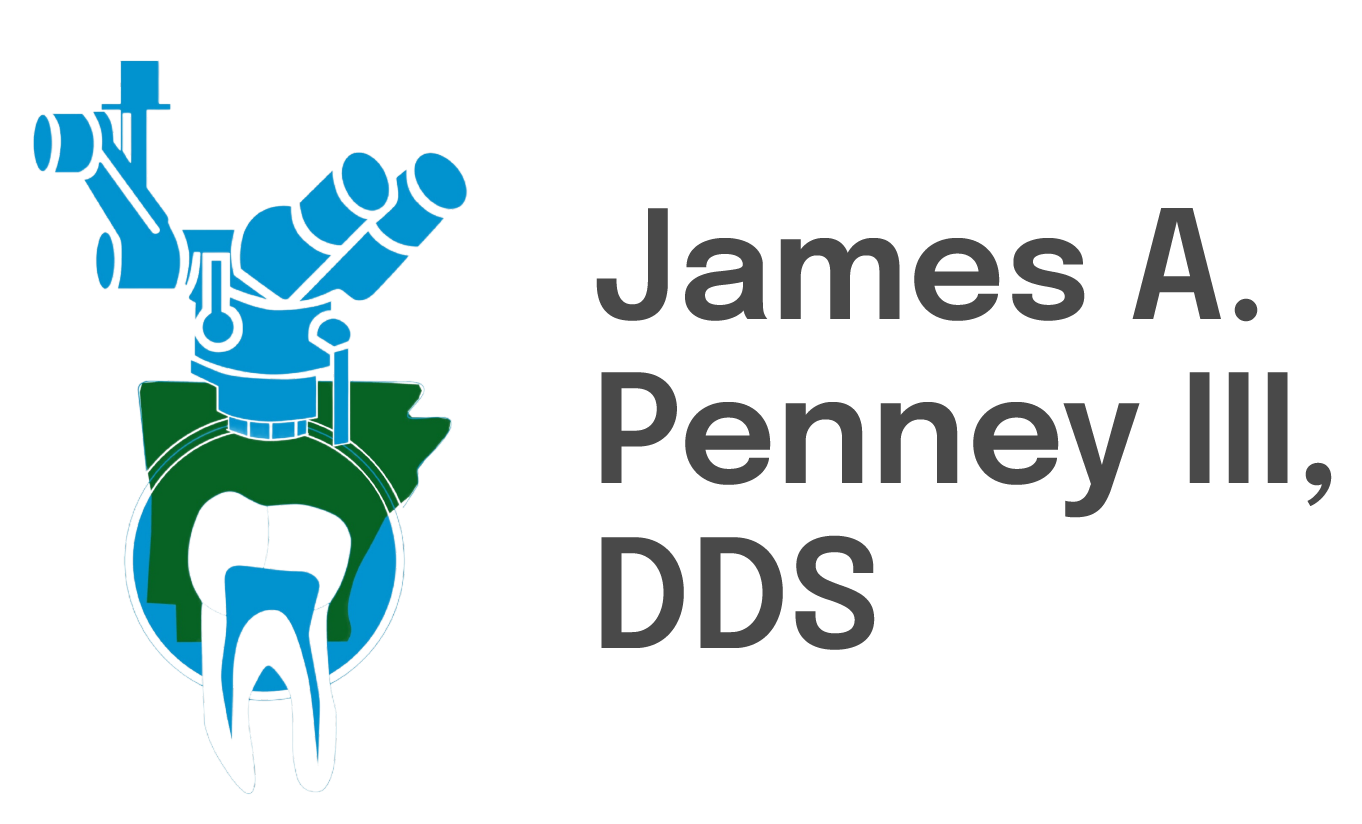Tooth Information

About Your Tooth
Tooth Pain Guide
Momentary sensitivity to hot or cold foods
Possible Problem
If discomfort only lasts a few moments, sensitivity to food temperature generally does not signify a problem. The cause of discomfort could be a loose filling, or minimal gum recession, which will expose small areas of the root surface.
What To Do
You may try using toothpaste made for sensitive teeth. Brushing vertically up and down with a soft brush. If you brush horizontally, you may wear away the exposed root surfaces. If this does not help, you should see your dentist.
Lingering pain after eating hot or cold foods
Possible Problem
Lingering pain after eating hot or cold foods probably means the pulp has been damaged by deep decay or physical trauma.
What To Do
See your endodontist to save the tooth with root canal treatment.
Chronic pain in head, neck, or ear
Possible Problem
Sometimes, pulp-damaged teeth will cause other parts of your head and neck to hurt. However, other dental or medical problems may be responsible.
What To Do
You should see your endodontist for an evaluation. If the cause of your discomfort is not tooth-related, your endodontist will refer you to an appropriate specialist or physician.
Sensitivity to hot or cold foods after dental treatment
Possible Problem
Dental work may inflame your tooth’s pulp, which will cause temporary sensitivity.
What To Do
Wait four to six weeks. If the pain persists or worsens, you should see your dentist.
Dull ache and pressure in upper teeth and jaw
Possible Problem
Sinus headache is often felt in the face and teeth. Grinding your teeth, a condition known as bruxism, can also cause this type of aching.
What To Do
For a sinus headache, try analgesics or sinus medicine. For bruxism, consult your dentist. If pain is chronic or severe, please see your physician or endodontist for an evaluation.
Sharp pain when biting down on food
Possible Problem
Decay, loose fillings, or cracks in teeth can cause sharp pain when biting down on food. There may be damage to the pulp inside your tooth.
What To Do
You should see a dentist for an evaluation. If you have a cracked tooth, your dentist may send you to an endodontist. Cracked teeth experience pain from damage to the pulp. A root canal may be recommended to relieve pain.
Constant and severe pain and pressure, swelling of gum, and sensitivity to touch
Possible Problem
Your tooth may have become abscessed, causing the surrounding bone to become infected.
What To Do
You should see your endodontist for an evaluation and recommendation of treatment to save the tooth. In the meantime, take over-the-counter analgesics until you see a specialist.
Tooth Saving Tips
Saving a tooth through endodontic treatment should always be the first choice for the best results. By saving your natural teeth, you’ll save your ability to efficiently chew, bite normally, eat your favorite foods, maintain your natural appearance, and limit the need for more expensive, ongoing dental work!
Call us if you are having a tooth emergency! 501-227-ROOT (7668)
Tip 1: Always Choose the Root!
When choosing between root canal treatment or tooth extraction, always choose root canal treatment! Nothing will look as real as your natural tooth. A denture, bridge, or implant, just isn’t the same.
If your dentist recommends tooth extraction, ask whether a root canal treatment is an option.
Tip 2: Talk to an Endodontist

